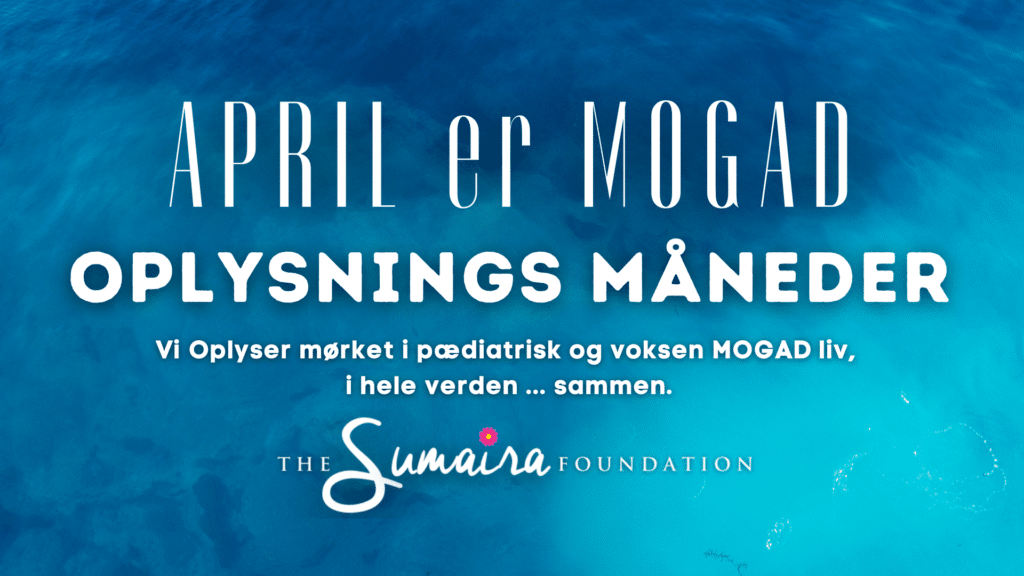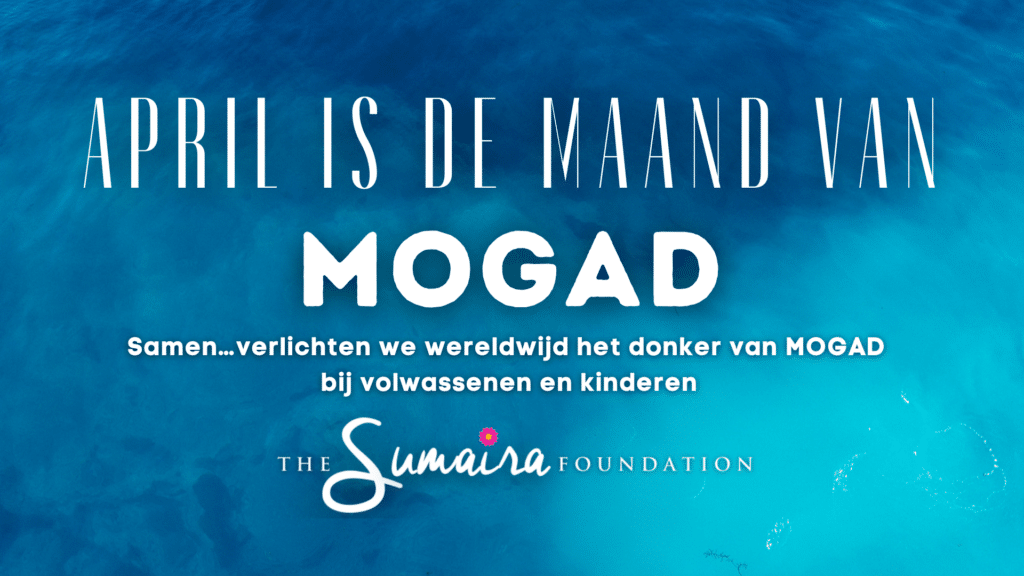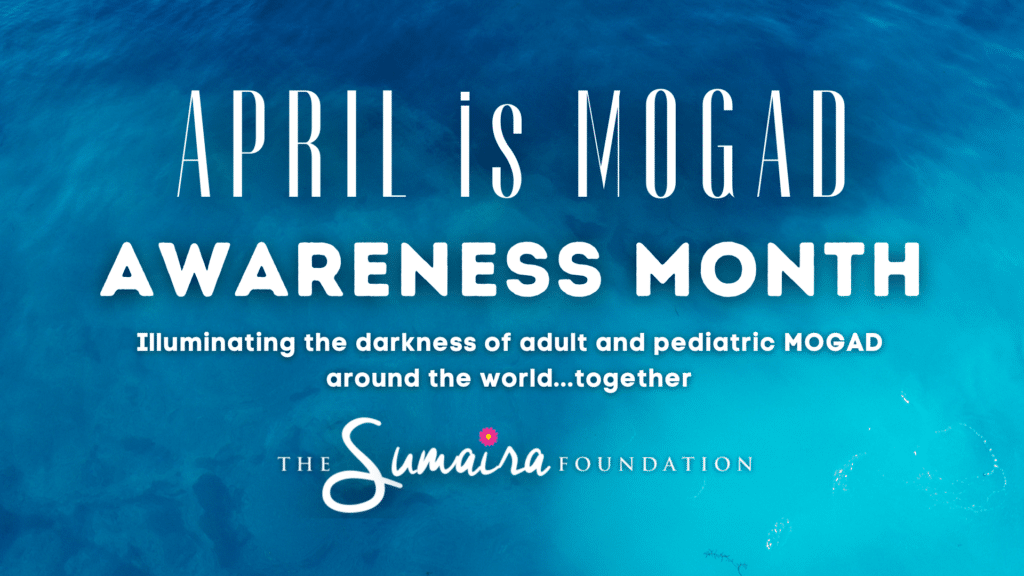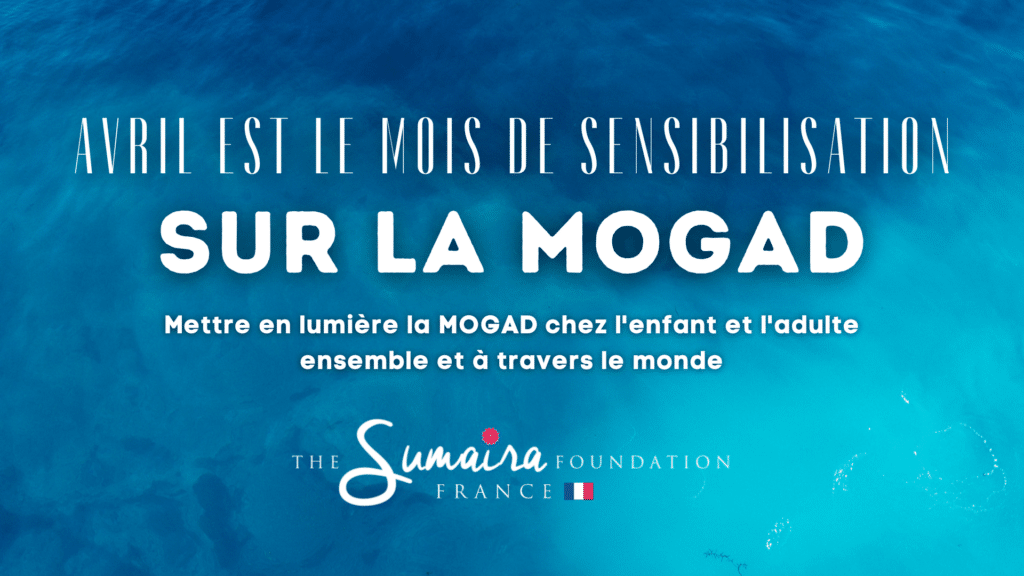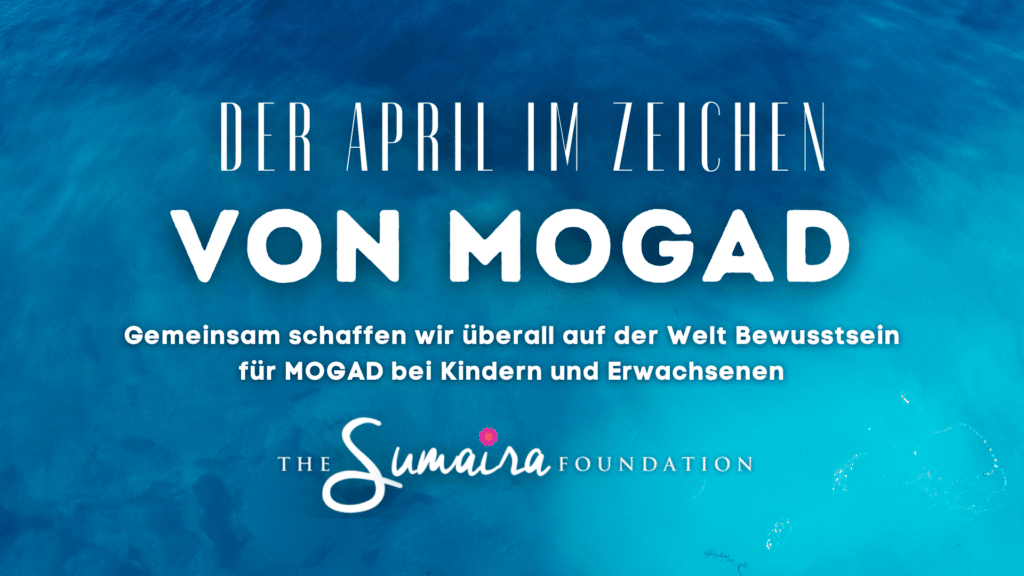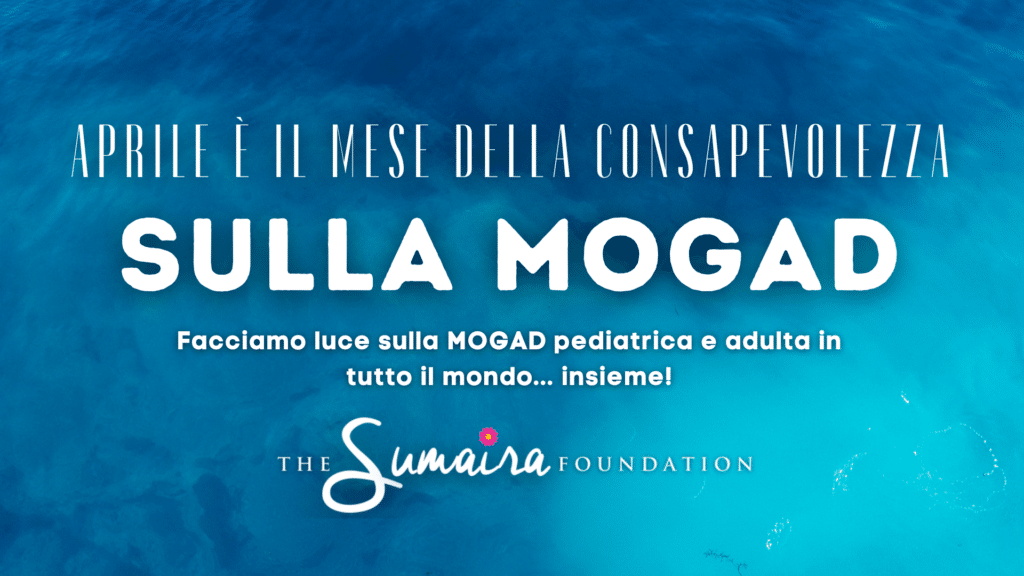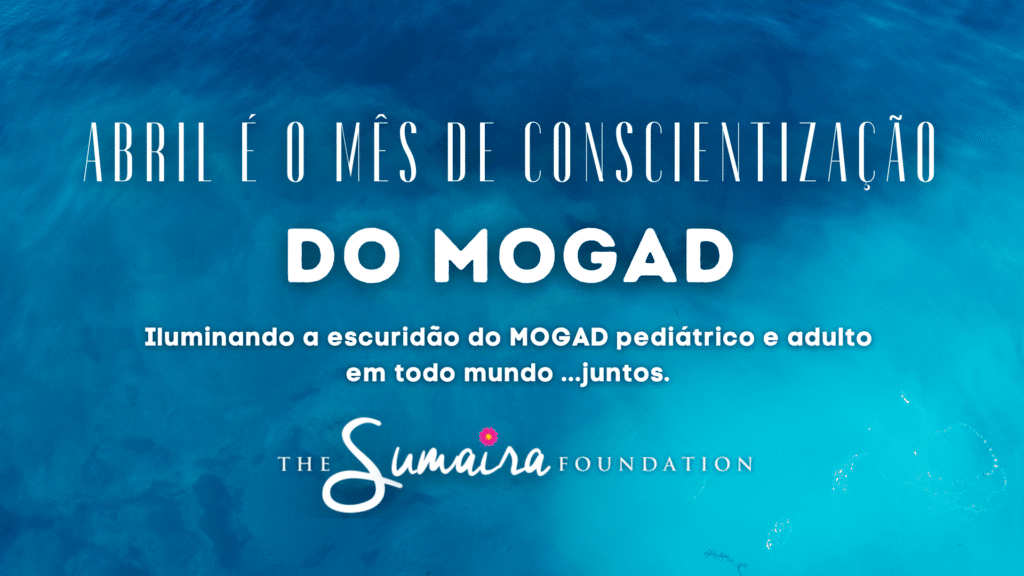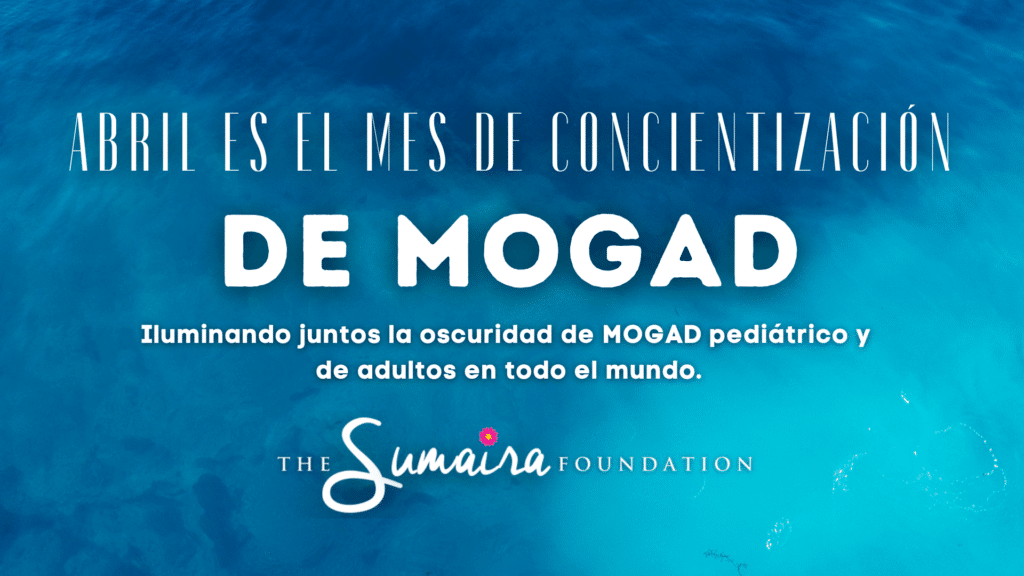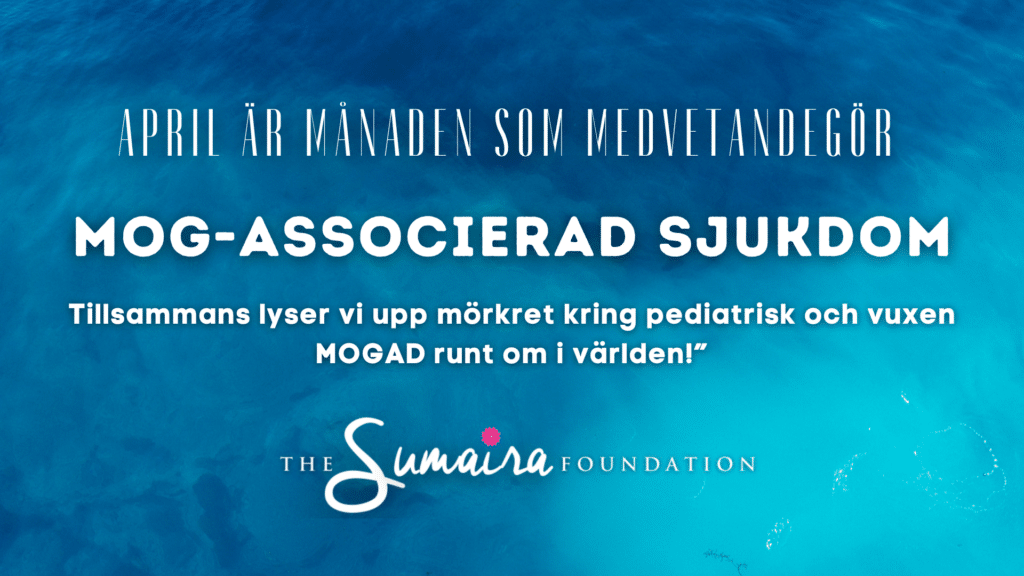
Choose Your Language:
In 2014, The Sumaira Foundation (TSF) launched to raise awareness of neuromyelitis optica spectrum disorder (NMOSD) and create a community of people brought together through shared experiences.
As our network of patients, caregivers and supporters grew, the science was evolving.
Researchers found patients who exhibited the same signs and symptoms as NMOSD, but the antibody and disease process differed. These patients’ immune systems create antibodies that attack the myelin oligodendrocyte glycoprotein (MOG) and damage the nerves.
Doctors have now acknowledged that myelin oligodendrocyte glycoprotein antibody-associated disease (MOGAD) is its own diagnosis. Many patients in our NMOSD community have been reevaluated and given the MOGAD diagnosis. Due to its distinct pathophysiological features, MOGAD is emerging as its own disease entity; the presence of autoantibodies against MOG distinguishes it from related neuroinflammatory and demyelinating disorders. MOGAD is a rare neuroimmune condition that targets the MOG protein which is located on the surface of myelin sheaths in the central nervous system. Common symptoms include vision loss, color vision deficiency, paralysis, paraparesis, weakness, numbness, spasticity, vomiting, hiccups, seizures, and bladder/bowel dysfunction.
After all, family is family, and we are more powerful…together. As a community, the distinction between NMOSD and MOGAD has always been negligible. The Foundation has actively supported MOGAD patients by developing advocacy tools like the MOGmentum series and Voices of MOG stories.
As of August 2023, TSF has invested over $419,500 in MOGAD-related research grants. We have produced webinars and podcasts specifically for the MOGAD community.
April has been identified by the community as MOGAD Awareness Month.
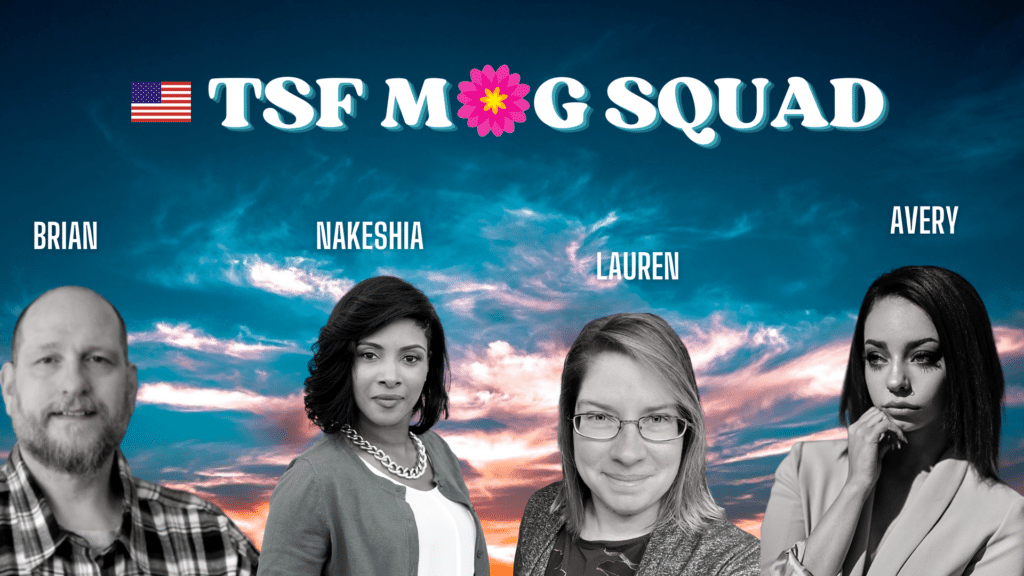
Brian (PA) | Nakeshia (OH) | Lauren (WI) | Avery (MO)
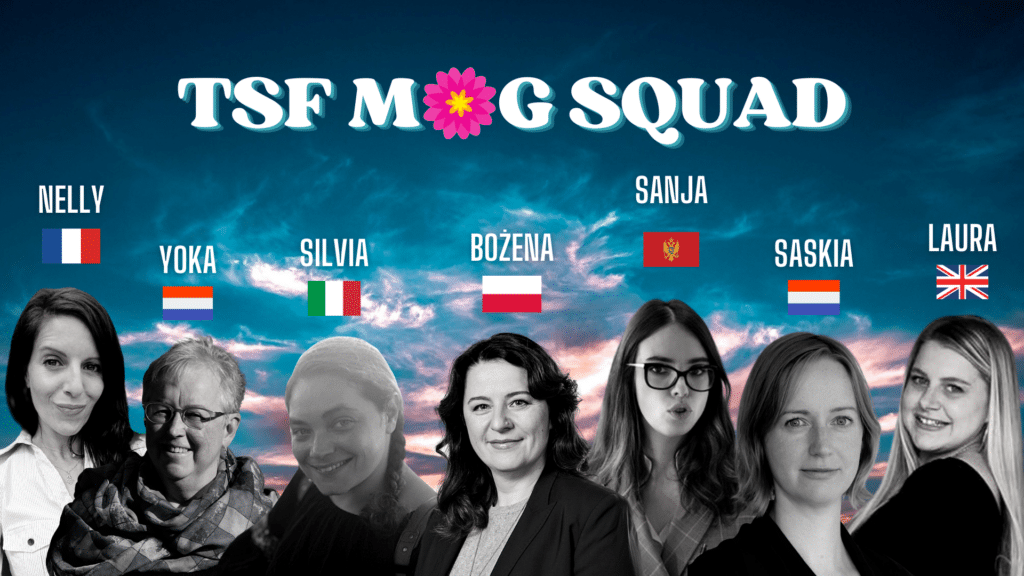
Nelly (FR) | Yoka (NL) | Silvia (IT) | Bozena (POL) | Sanja (ME) | Saskia (NL) | Laura (UK)
Sponsored by UCB Pharma, this clinical trial marks the first-ever clinical trial specifically for adults living with MOGAD. cosMOG is a Phase 3 (NCT05063162) study designed to assess the efficacy, safety, and tolerability of rozanolixizumab for treatment of adult participants with MOGAD. To learn more,
Graphics are available in Arabic, Danish, Dutch, English, French, German, Italian, Portuguese, Spanish and Swedish. Right click on the image to save and share!

